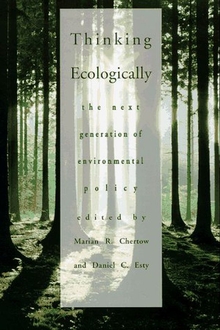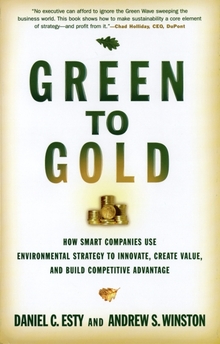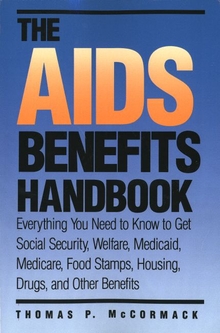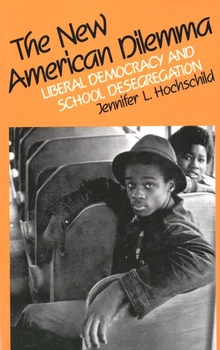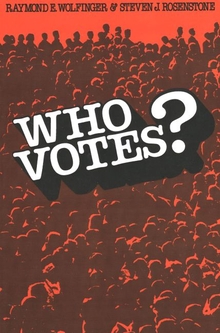Thinking Ecologically
WARNING
You are viewing an older version of the Yalebooks website. Please visit out new website with more updated information and a better user experience: https://www.yalebooks.com
The Next Generation of Environmental Policy
Edited by Marian R. Chertow and Daniel C. Esty
The innovative thinkers of the Next Generation Project of the Yale Center for Environmental Law and Policy—experts from business, government, nongovernmental organizations, and academia—propose reforms that balance environmental efforts with other public needs and issues. They call for new foundations for environmental law and policy, adoption of a more diverse set of policy tools and strategies (economic incentives, ecolabels), and new connections between critical sectors (agriculture, energy, transportation, service providers) and environmental policy. Future progress must involve not only officials from the U.S. Environmental Protection Agency and state environmental protection departments, say the authors, but also decision-makers as diverse as mayors, farmers, energy company executives, and delivery route planners. To be effective, next-generation policy-making will view environmental challenges comprehensively, connect academic theory with practical policy, and bridge the gaps that have caused recent policy debates to break down in rancor. This book begins the process of accomplishing these challenging goals.
"More than a must-read, this book demonstrates how a broader ecological approach can achieve sensible and lasting environmental policy."—Philip K. Howard, author of The Death of Common Sense
"The book gives an overview of the successes and failures of our existing fragmented and complex environmental regulations and offers new ideas for building an environmental policy structure based on analysis of whole systems and on policy tools that defuse confrontation between environmental protection and economic activity. . . . Recommended for academic libraries and environmental collections."—Library Journal
"The culmination of their work is a scholarly . . . work of substantial practical and timely value."—Environment Writer
"This book assembles the leading thinking on how the next generation of environmental policy can yield greater benefits while costing less. . . . For the generalist and for introductory students, this book offers a compact way to take the pulse of the latest thinking on environmental policy. . . . Turn open this book and learn about the skills and techniques that are improving the way we govern mankind's impact on the environment."—David G. Victor, Ecology
"A detailed, useful and readable primer for the next generation of environmental policy."—Alan Bisbort, Republican American
"Chertow and Esty have tapped people in government, nongovernmental organizations, and academia to pinpoint health and ecological problems in the twenty-first century and to propose sound environmental policies."—Natural History
"Thinking Ecologically is highly readable and studded with interesting facts."—Mary R. English, Forum for Applied Research and Public Policy
"This book provides a wealth of substantive notions sure to be heard in the future."—Robert Jaquay, Commonweal
Publication Date: September 23, 1997

